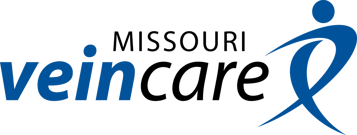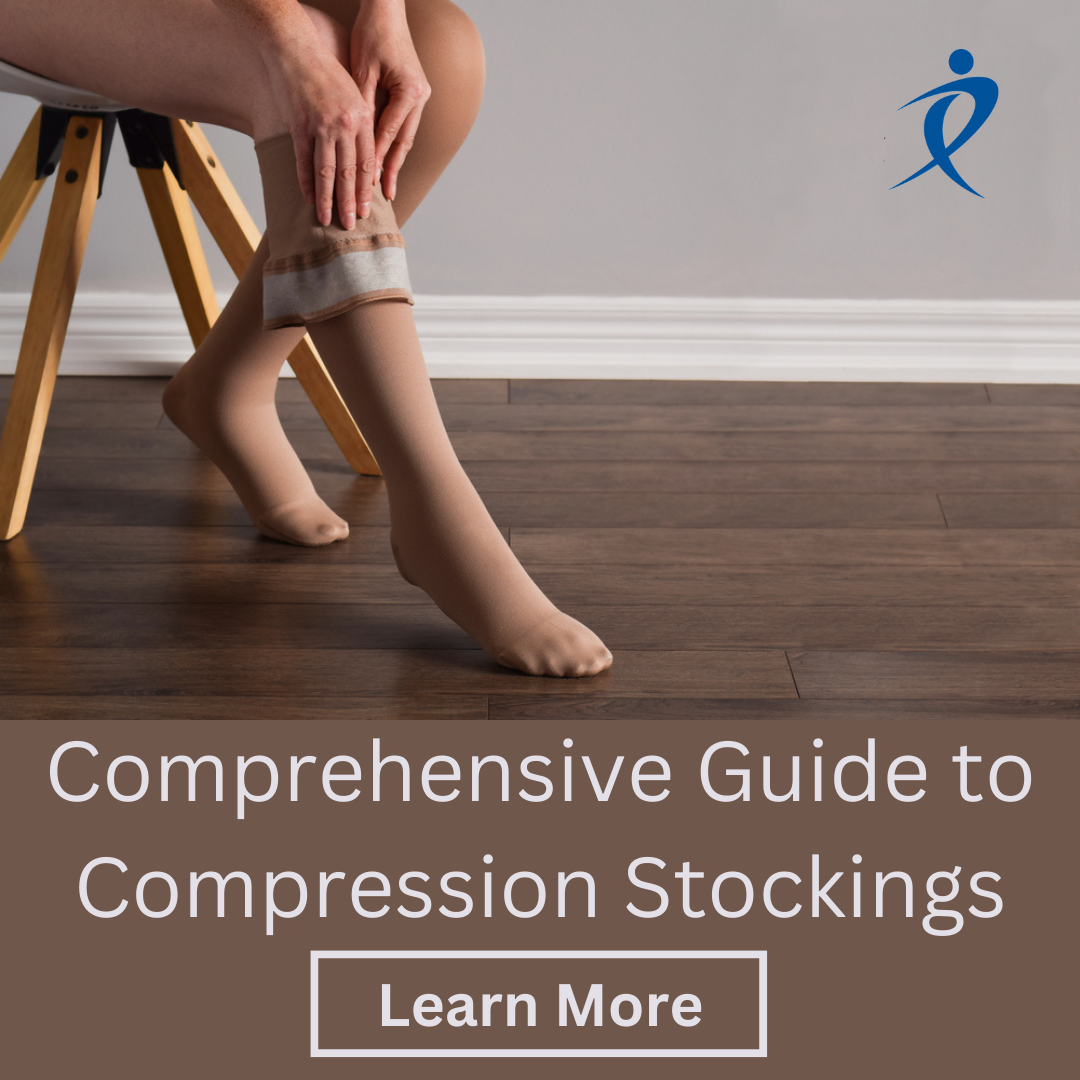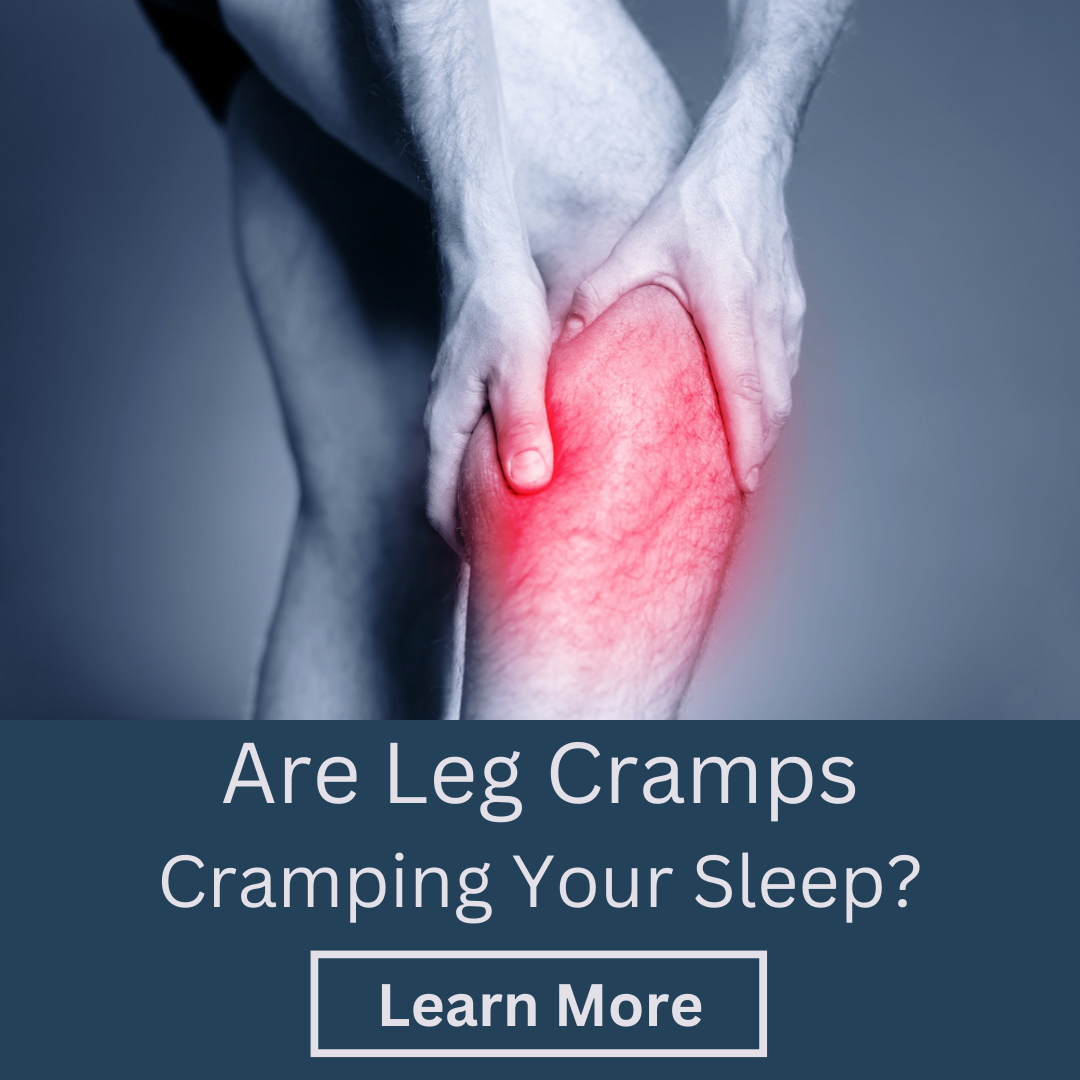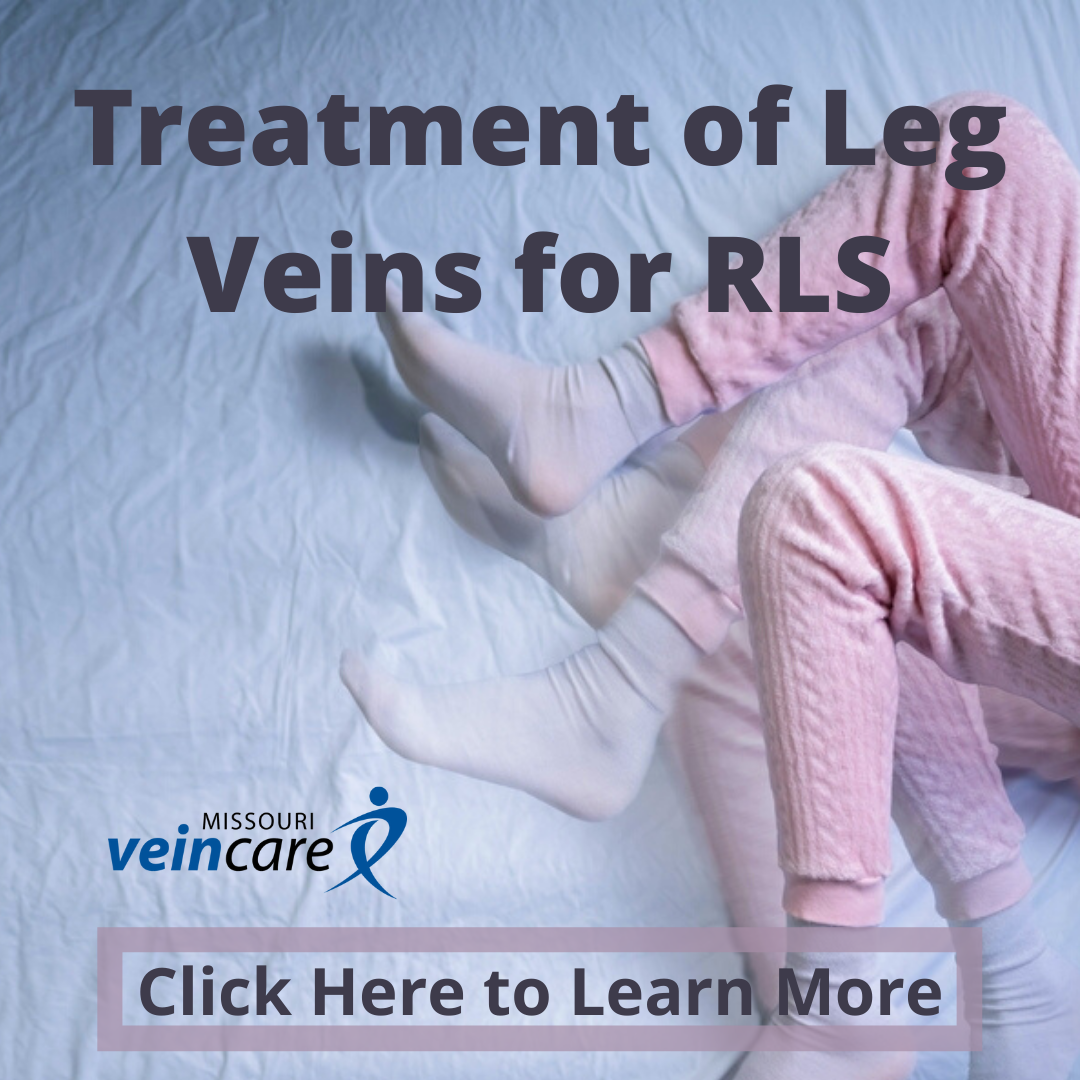Welcome to our Vein Condition Symptoms Guide!
When it comes to identifying vein conditions, appearances can be deceiving. While varicose veins, spider veins, and skin stains are often recognized as visible signs, it's crucial to understand that these represent only a fraction of the picture.
Astonishingly, around 80% of individuals with a vein condition exhibit no visible external indications. Instead, the most common indicators of vein conditions remain hidden, frequently dismissed as mere consequences of aging or even laziness.
On this page, we will delve into the 18 symptoms that serve as vital clues to the presence of a vein condition. We'll provide a brief summary of each symptom, offer an easy online self-assessment for initial evaluation, and guide you to schedule a free vein screening.
Additionally, you'll find links to detailed information about each symptom, empowering you with knowledge and insights to make informed decisions about your vein health. Don't overlook the invisible—let's unravel the truth together.
Can I have a vein condition if I don't have varicose veins or spider veins?
The answer is yes!
The symptoms of a vein condition are diverse. Some can be readily seen on the legs and others cannot. To learn more about any of the symptoms you may be experiencing, select from the list below:
List of Symptoms
Visible Signs of a Vein Condition
Invisible Signs of a Vein Condition
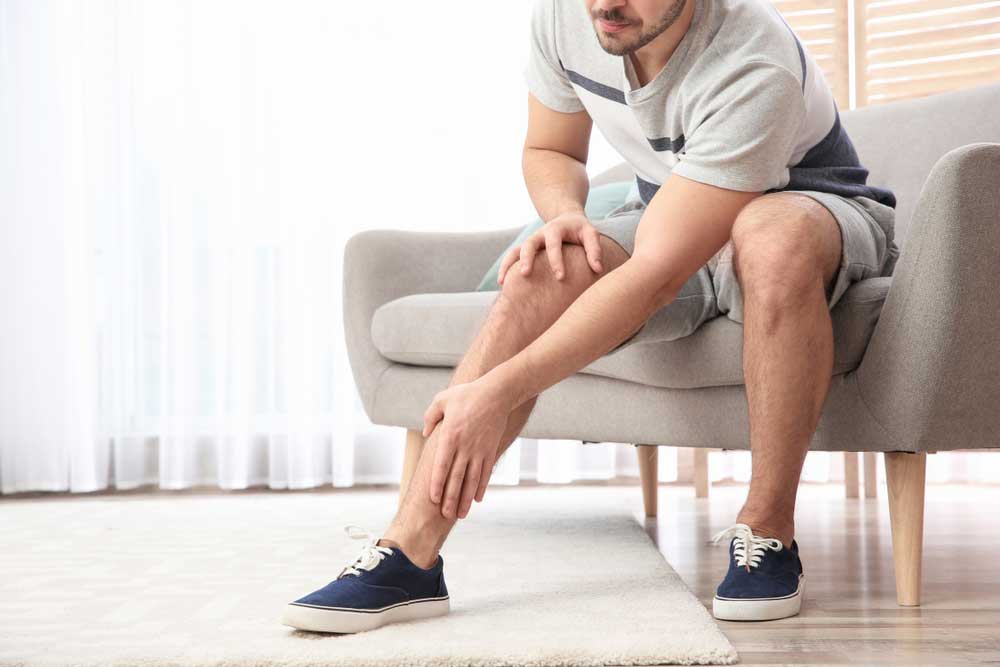
Achy/Tired Legs
Individuals with a vein condition may experience persistent leg discomfort and a feeling of heaviness or fatigue in their legs. These sensations often worsen after prolonged periods of standing or sitting due to impaired blood circulation. Treatments help. Patients say they feel more energetic than they have in years and are able to get back to enjoying the activities they once did.
To learn more:
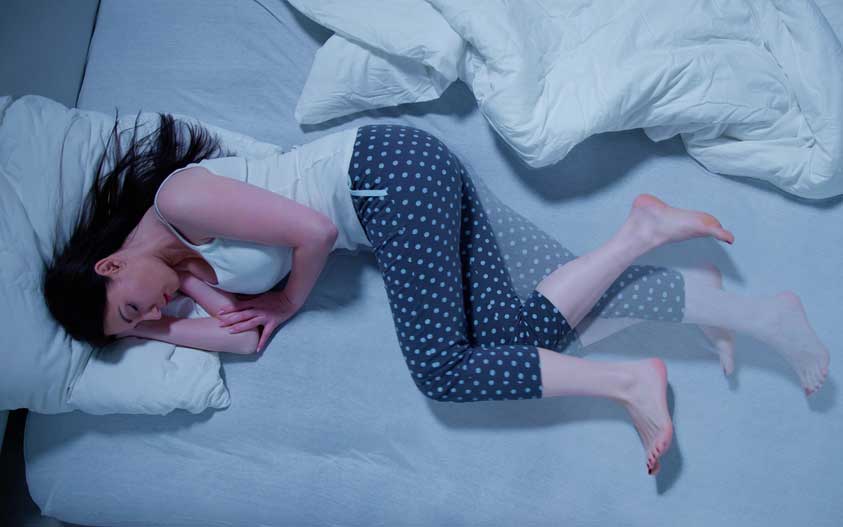
Restless Legs
Restless Leg Syndrome (RLS) can sometimes be associated with venous insufficiency, leading to an uncomfortable urge to move the legs, especially during periods of rest or sleep, which can interfere with their ability to relax and get a good night's sleep. In our clinic, we regularly see that 80% of the people who have RLS and a vein condition see marked improvement in their RLS after treatment.
To learn more:
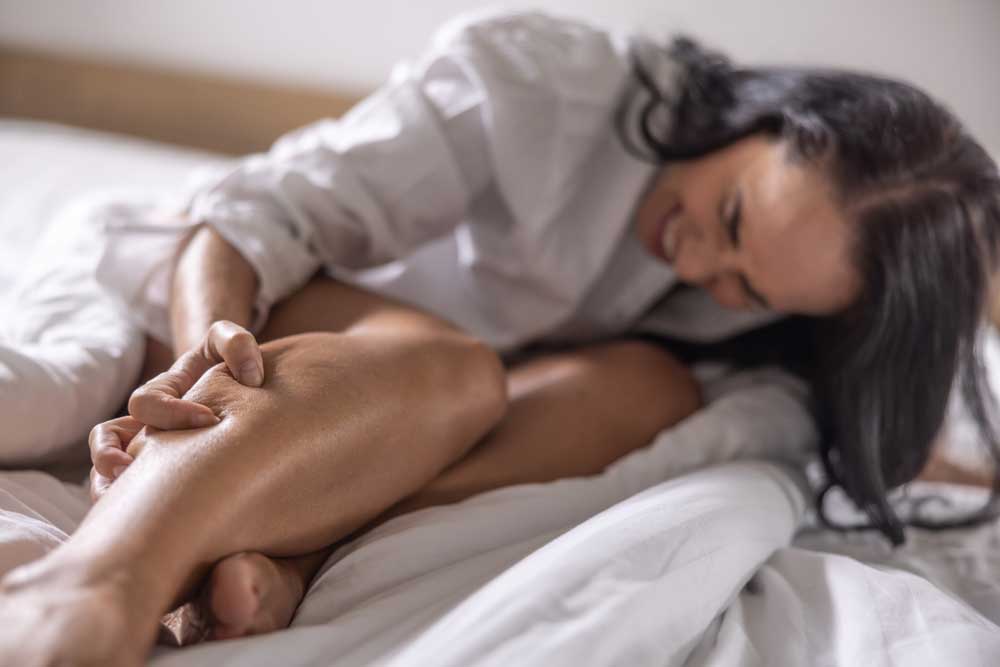
Leg Cramps/Charley Horses
Vein conditions may contribute to muscle cramps or "charley horses" in the legs, caused by poor blood circulation. It's common for patients to tell us that, after the first treatment, their leg cramps went away and they were able to sleep peacefully through the night.
To learn more:
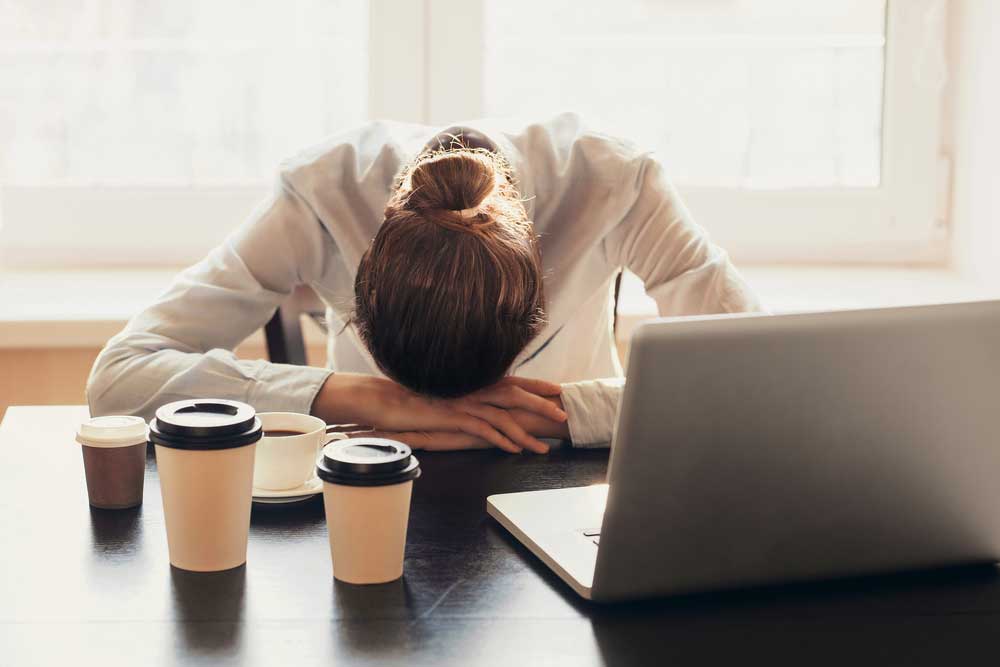
General Fatigue
Vein conditions can lead to reduced blood flow and oxygen delivery to tissues, resulting in inflammation. Inflammation causes overall fatigue and a lack of energy throughout the day. People are pleased to report the return of their energy levels after treatment.
To learn more:

Weight Gain
Chronic venous insufficiency leads to an enduring depletion of energy and disturbed sleep patterns, accompanied by leg swelling, pain, and fatigue. These factors collectively contribute to reduced physical activity and consequent weight gain. We regularly talk with patients who, because they feel better and have more energy after treatment, are inspired to set goals for their overall health and wellness. Many go on to get healthy, burn calories, and lose weight.
To learn more:
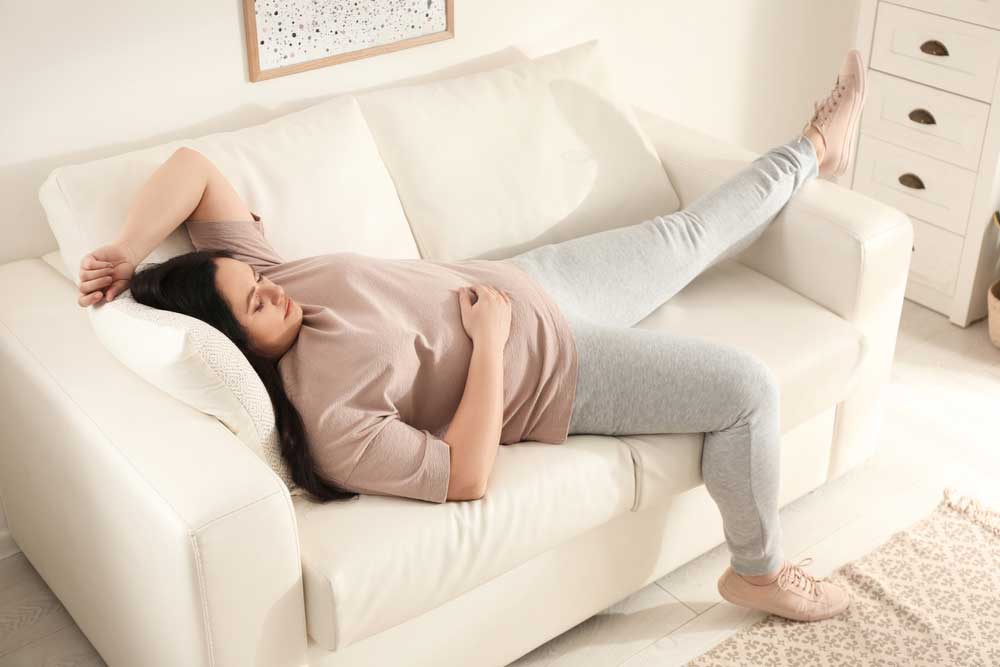
Reduced Activity
As the legs become more uncomfortable and fatigued due to vein issues, individuals reduce their physical activity, needing to rest and elevate their legs. This sedentary lifestyle means that individuals are unable to enjoy the activities they once did. Treatments do make a difference. In each of our patient testimonials, they celebrate the fact that they can enjoy their favorite activities again.
To learn more:
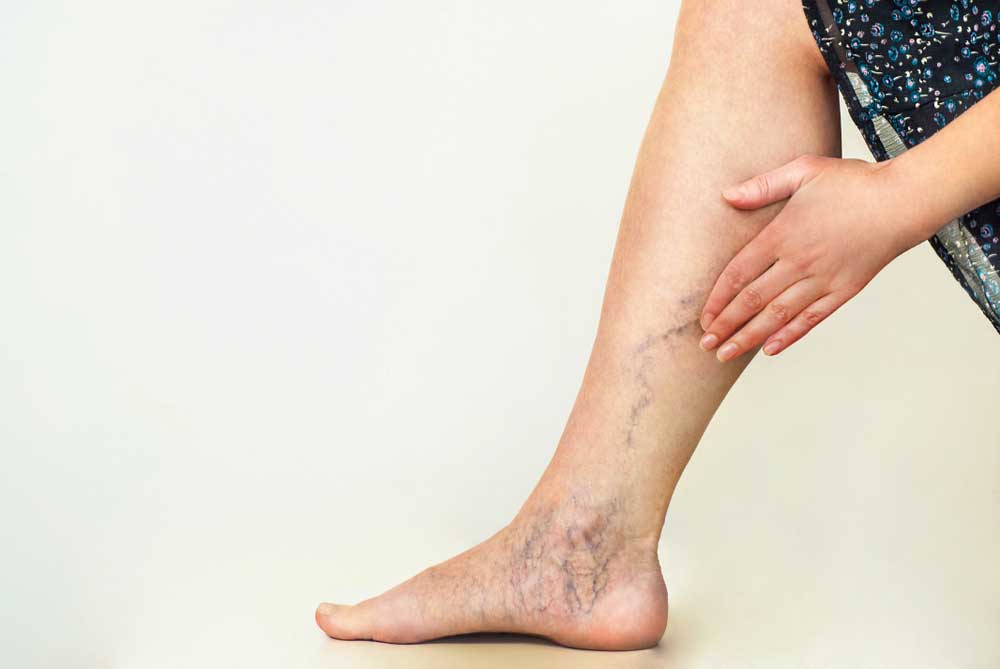
Spider Veins
These small, visible blue veins near the skin's surface appear on the thighs, lower legs, and ankles due to the increased pressure in the blood vessels resulting from vein reflux - the pooling of blood in the lower legs. Treatment is designed to treat these small visible veins so that they no longer appear beneath the surface of the skin.
To learn more:
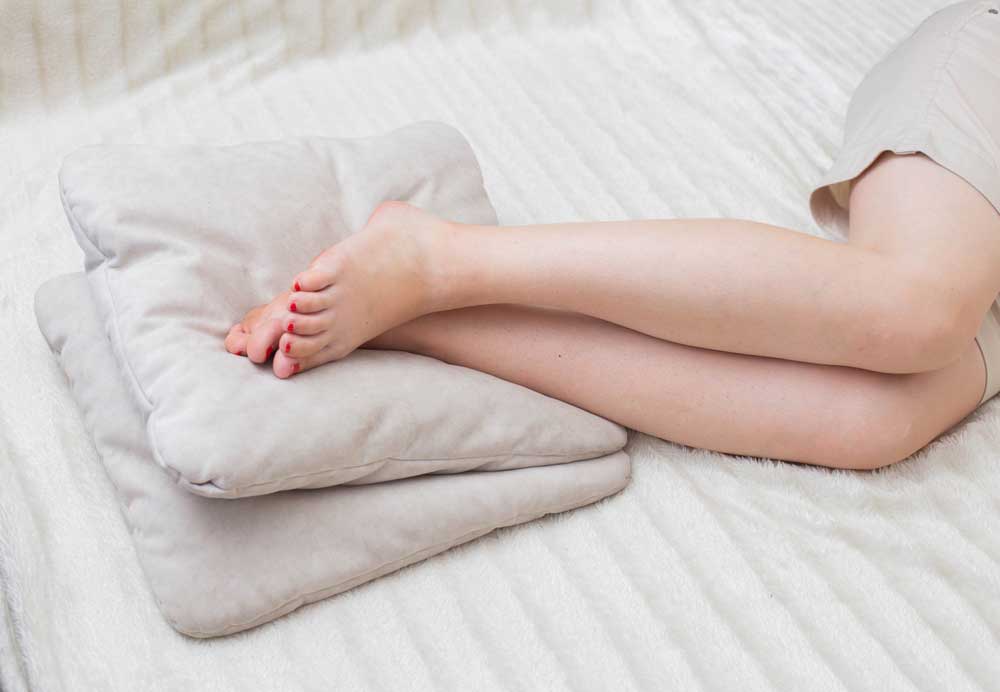
Leg Fatigue & Weakness
People with vein conditions often experience a sense of leg tiredness or weakness, making it challenging to maintain physical activity for extended periods. When the inflammation from vein reflux goes away, the legs are no longer weak and tired. Patients regularly report feeling better, more energetic, and stronger after treatment.
To learn more:

Varicose Veins
Chronic venous insufficiency may present itself with enlarged and twisted veins in the legs. These protruding veins occur due to heightened pressure from trapped blood, exerting force against and stretching the vein walls. Patients who have these bulging and unsightly veins in their legs are able to wear shorts and skirts again after treatment, proudly showing off their legs. You can see this in our before and after photos.
To learn more:
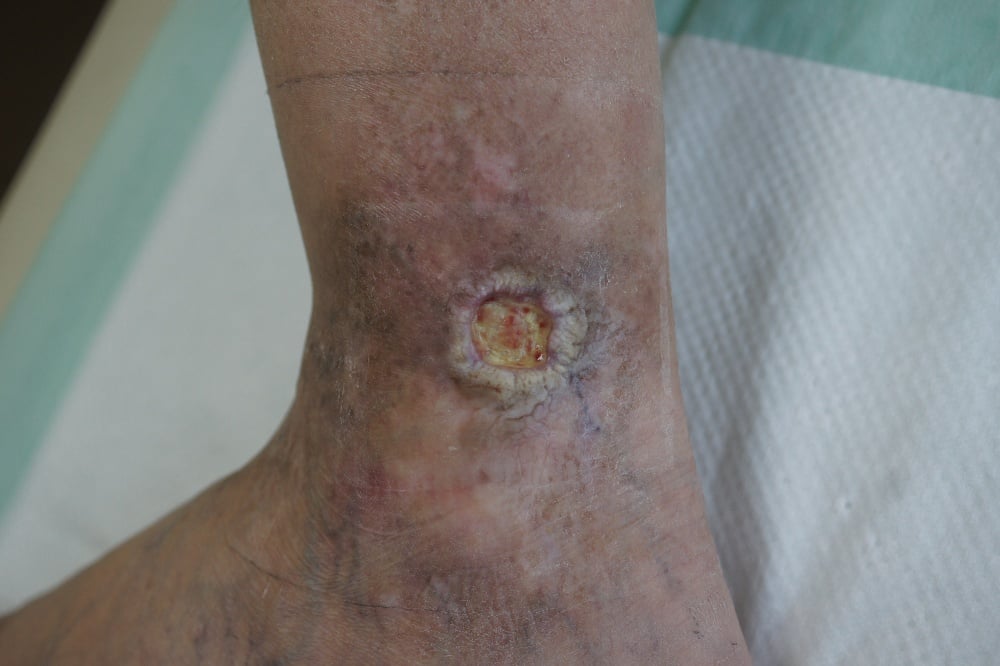
Skin Sores & Skin Ulcers
Prolonged venous insufficiency can lead to skin breakdown, causing ulcers or sores that are slow to heal, particularly around the ankles. While it takes time for the skin to heal, treatments will remove the underlying condition that is causing the sores. Once vein reflux is treated, the skin can heal.
To learn more:
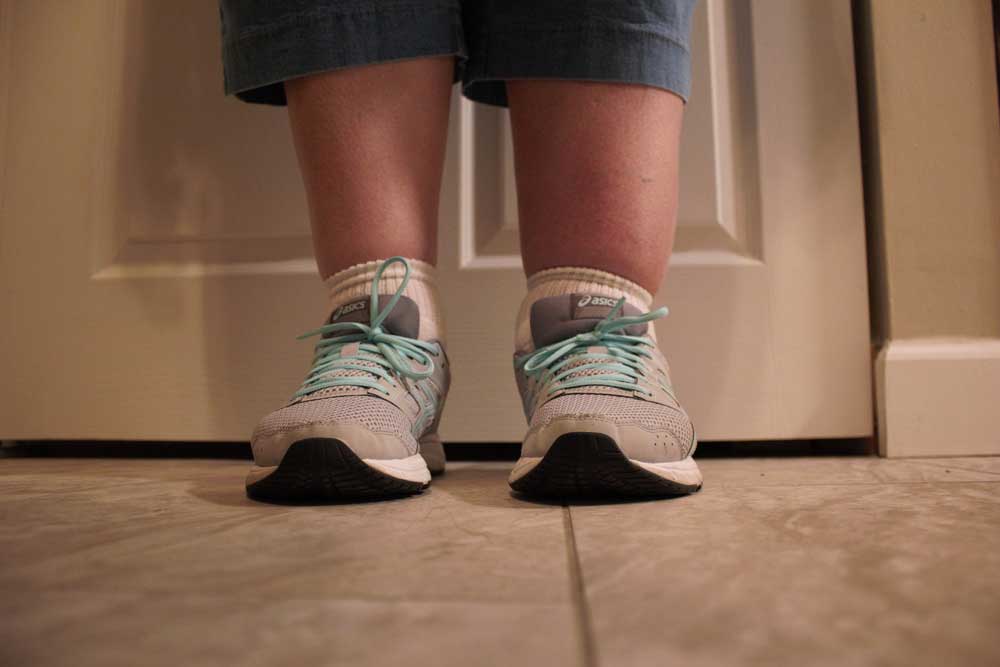
Swollen or Heavy Legs
Vein conditions can result in fluid retention and swelling in the legs, particularly towards the end of the day. You'll notice pronounced sock lines around your ankles as well as puffiness in your lower legs and feet. Vein treatment addresses the underlying inflammation and restores circulation so that legs no longer swell in the evenings.
To learn more:

Poor Sleep
It is common for people with a vein condition to sleep poorly at night, and wake up feeling exhausted. Additionally, the link between a vein condition and Restless Legs Syndrome will also inhibit a good night's sleep. Exhaustion and fatigue are often indicators of an underlying vein condition. It's not uncommon for patients to report that, after treatment, they have been able to enjoy a good night's sleep for the first time in years.
To learn more:
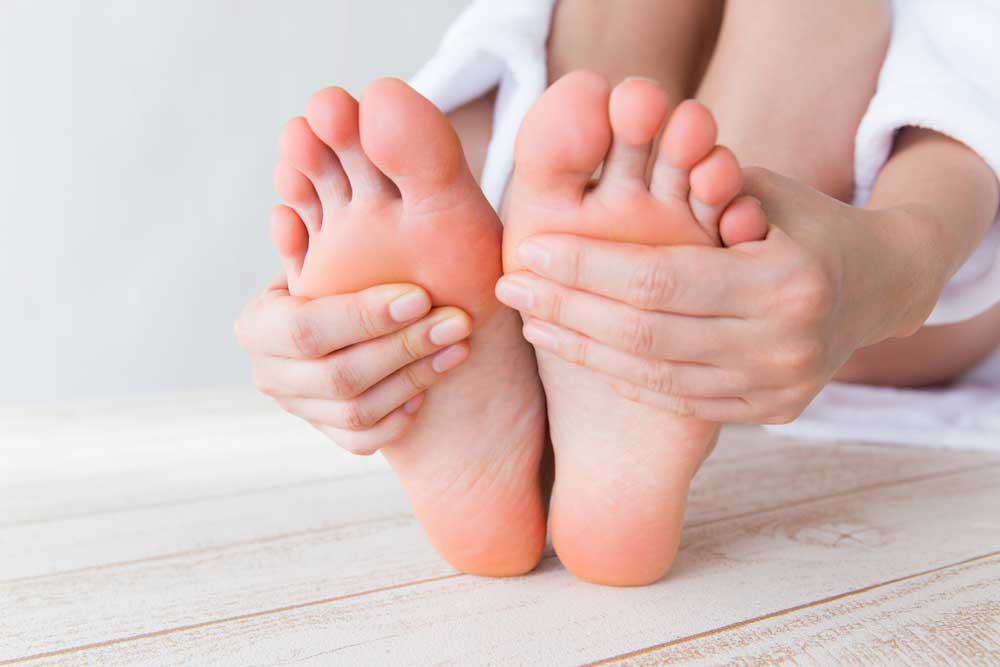
Numb/Tingling/Cold Feet
The restriction of blood flow to the feet due to vein reflux triggers an inflammatory response in the body. The inflammatory response causes the sensation of numbness and tingling in the feet and lower legs, as well as feet that are constantly cold. Not surprisingly, these sensations go away after treatment.
To learn more:
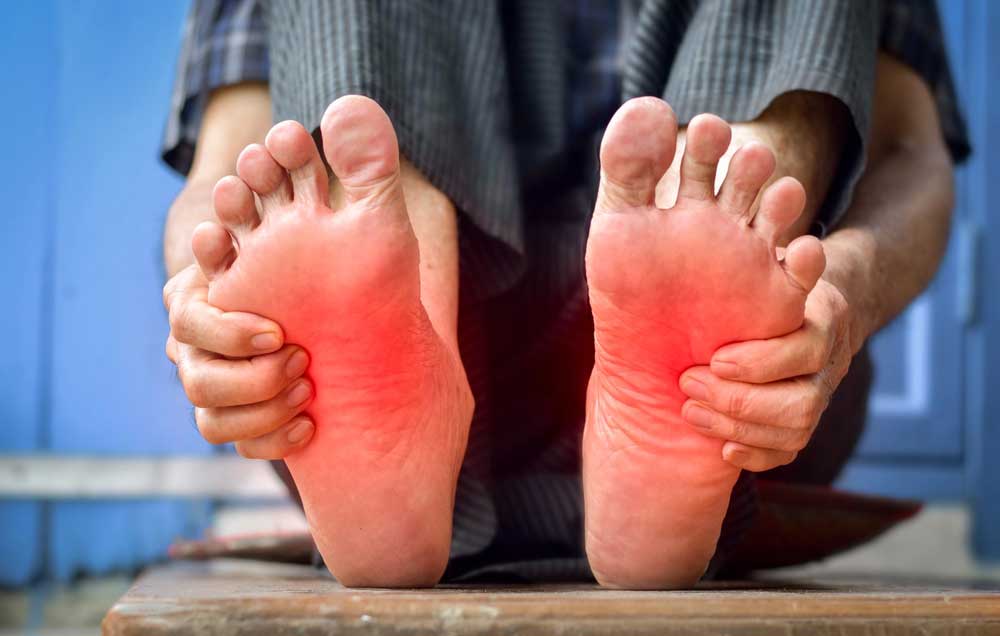
Burning or Stinging Feet
Vein reflux leads to impaired blood flow and nerve compression, which results in the sensations of burning or stinging in the feet. Vein treatments are an effective way to treat this uncomfortable sensation, and patients are pleased to report that their feet feel normal again.
To learn more:
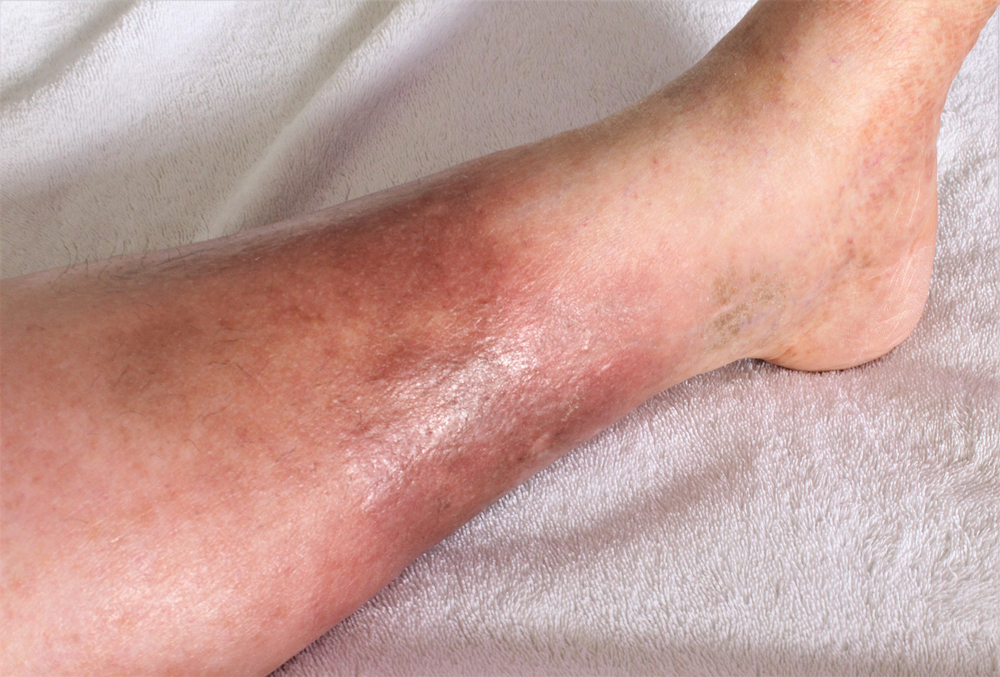
Skin Staining
Chronic venous insufficiency may cause darkening or discoloration of the skin, known as hemosiderosis or skin staining, typically around the ankles and lower legs. While skin staining won't ever go away completely, many patients do share that the stain has lightened significantly over time.
To learn more:
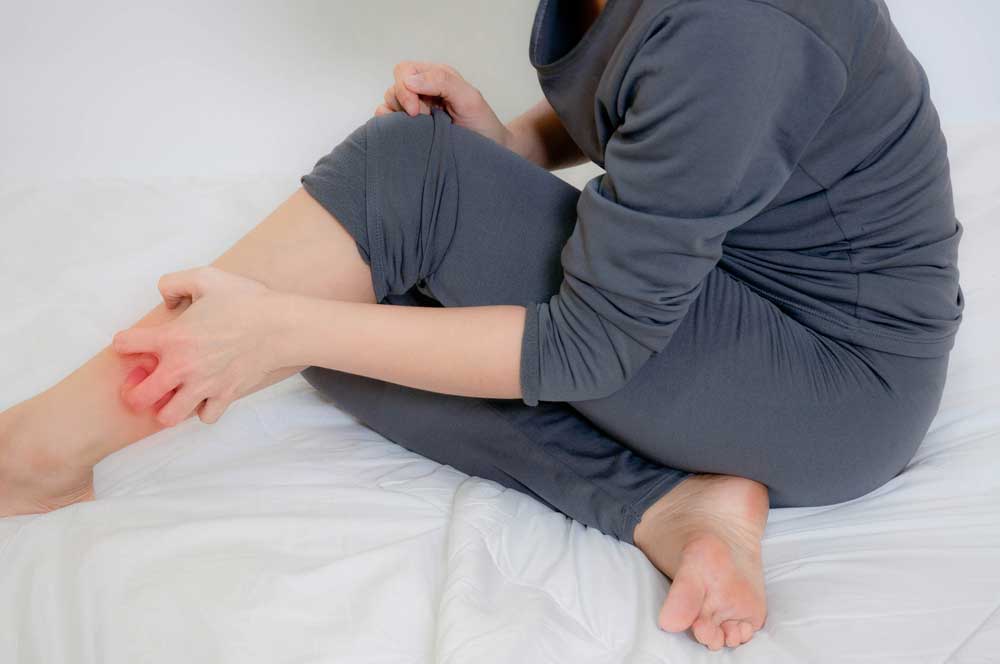
Itching Legs
Chronic venous insufficiency can cause the skin on the lower legs to become itchy and irritated due to poor circulation and fluid buildup. Vein treatments address the underlying vein reflux and patients tell us that their itching went away not long after treatments started...some after the very first treatment.
To learn more:
What Does the Burning & Itching in My Feet Mean?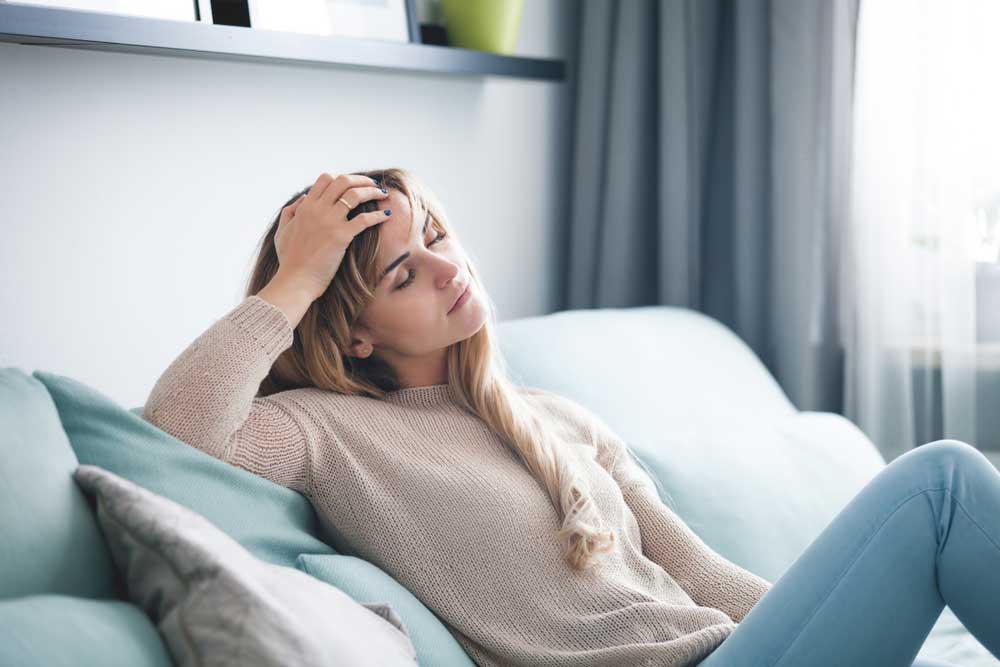
Feeling Run-Down
The combination of symptoms associated with vein conditions, such as leg discomfort, fatigue, and poor sleep, can lead to an overall feeling of being run-down and unwell. Even after a night's sleep, people may wake up feeling exhausted. Because vein treatment alleviates inflammation as well as the other symptoms of a vein condition like leg cramps, restless legs and more...people are able to sleep more soundly and wake up feeling energized after a good night of uninterrupted sleep.
To learn more:
